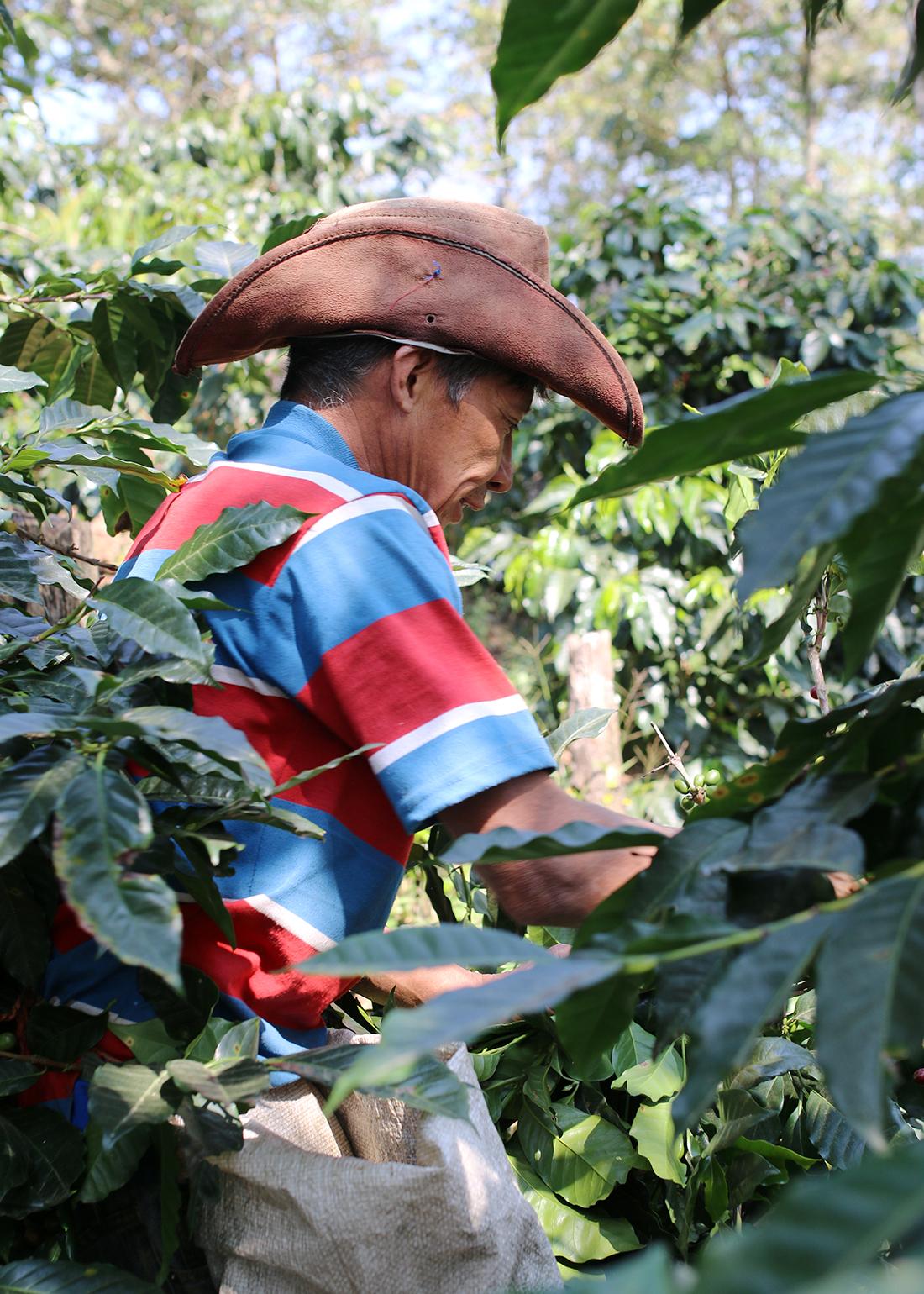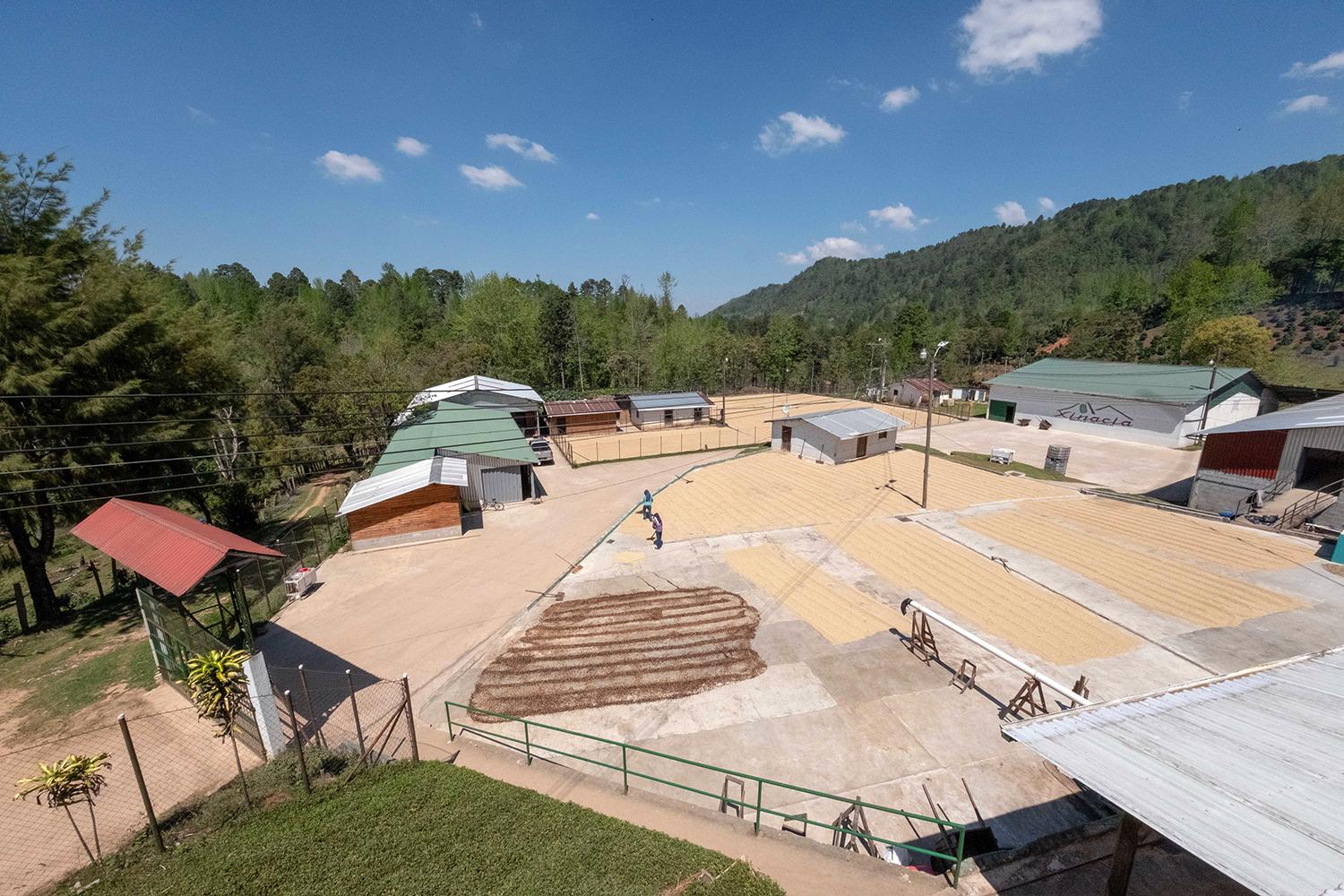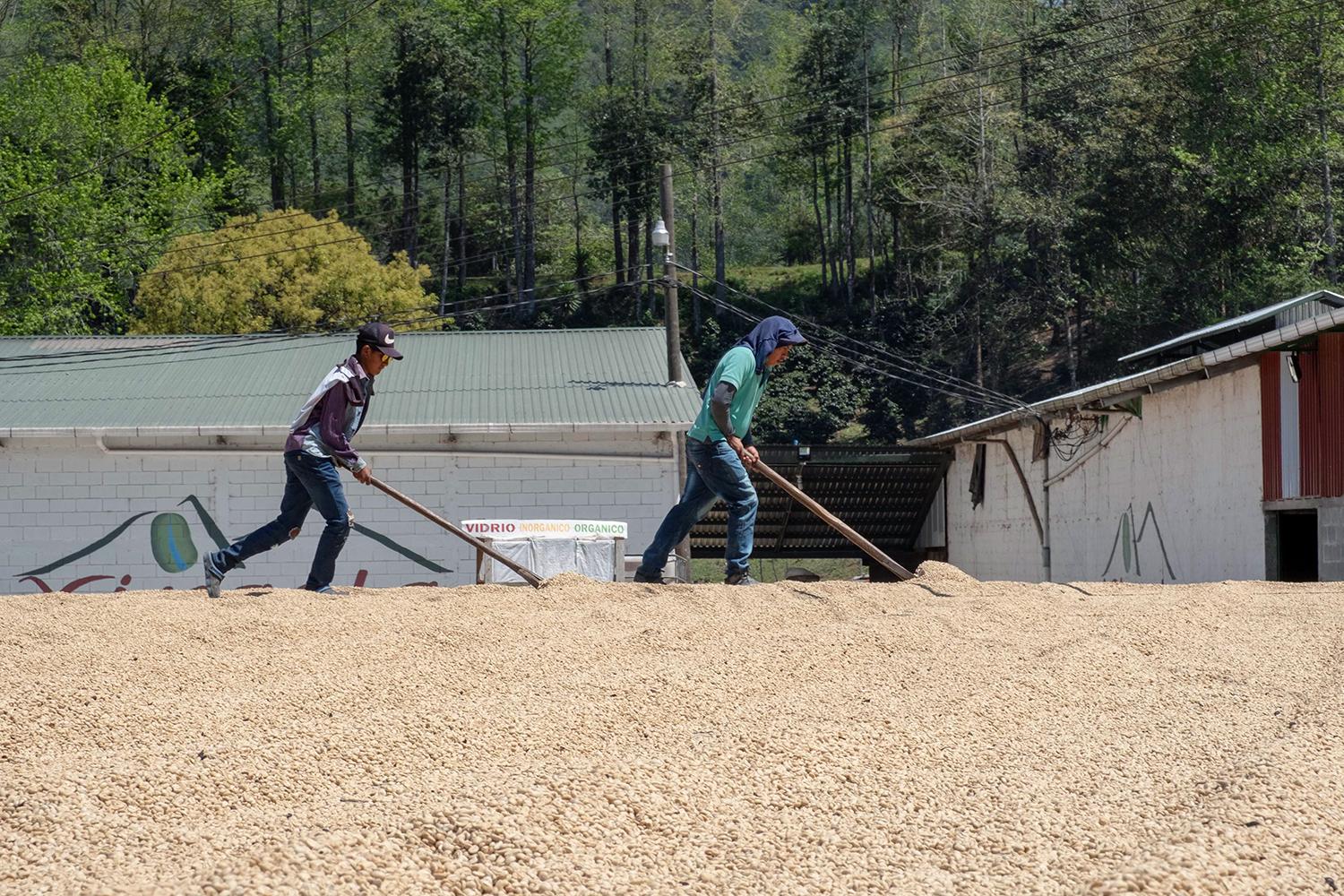2nd Advent: Honduras
Free
Origin: Honduras
Farm: Las Lomas
Farmers: Marysabel Caballero & Moises Herrera
Washing Station: Chinacla, La Paz
Variety: Red Catuai
Cultivation altitude: 15800 m
Processing: washed semi-anaerobically
Cupping Score: 86.5
Degree of roasting: light
Aromatic notes: cherry, orange, vanilla





